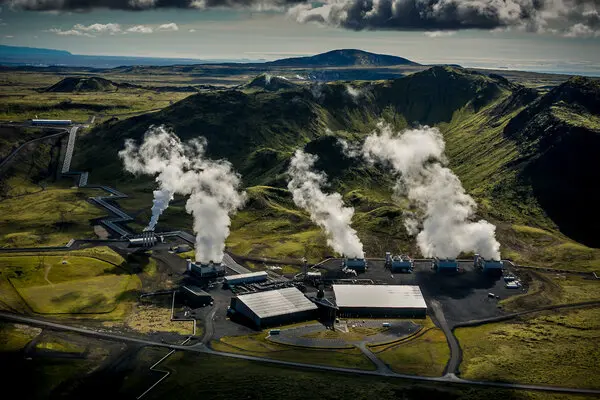
Iceland’s Future: Challenges & Opportunities
admin
- 0
kfoodfair2015.com – Iceland, a small island nation in the North Atlantic, has experienced significant growth and development in recent years. However, this progress comes with its own set of challenges and opportunities. This article explores the key issues that Iceland faces in various sectors, including tourism, climate change, and sustainable development.
Tourism: Past Directions and Future Challenges
Tourism has been a cornerstone of Iceland’s economy, contributing significantly to its growth. However, the rapid increase in tourist numbers has brought about several challenges. These include:
- Planning and Infrastructure: The need for better planning and infrastructure to accommodate the growing number of tourists is critical. This includes improving transportation networks and ensuring that facilities can handle the influx without compromising the quality of the experience.
- Environmental and Sustainability Issues: The environmental impact of tourism is a major concern. Efforts to promote sustainable tourism practices are essential to preserve Iceland’s unique natural landscapes and biodiversity.
- Image and Promotion: Maintaining a positive image of Iceland as a tourist destination while addressing the negative impacts of overtourism is crucial. Effective promotion strategies can help manage expectations and ensure a balanced approach to tourism.
- Research and Development: Continuous research is needed to understand the impacts of tourism and develop strategies to mitigate negative effects while enhancing the positive ones.
Climate Change and Environmental Challenges
Iceland is particularly vulnerable to the effects of climate change due to its unique geology and biodiversity. Key challenges include:
- Economic Impact: Climate change is already affecting the economy, with changes in weather patterns impacting agriculture, fishing, and other industries.
- Living Conditions: The changing climate is altering the living conditions of people in Iceland, posing challenges to housing, health, and overall quality of life.
- Adaptation and Mitigation: Iceland is working towards achieving carbon neutrality and implementing measures to adapt to the changing climate. This includes investing in renewable energy and sustainable practices.
Sustainable Development and Social Inclusion
Iceland is committed to achieving the United Nations’ 2030 Agenda for Sustainable Development. Key challenges and opportunities include:
- Marginalized Groups: Ensuring that marginalized groups, such as immigrants and persons with disabilities, are included in the development process is a priority. This involves addressing social and economic inequalities to create a more inclusive society.
- Economic and Political Stability: Maintaining economic and political stability is crucial for sustainable development. This includes managing public finances, ensuring social welfare, and promoting innovation and research.
Opportunities for Growth
Despite the challenges, Iceland has several opportunities for growth and development:
- Infrastructure Development: The development of key infrastructure, such as the Keflavík International Airport, is expected to drive continued growth in tourism and transit.
- Renewable Energy: Iceland’s abundant natural resources, particularly geothermal and hydroelectric power, offer significant opportunities for sustainable energy production and export.
- Innovation and Research: Investing in science, research, and innovation can drive economic growth and help address environmental challenges. This includes developing new technologies and practices to mitigate the effects of climate change.
Conclusion
Iceland’s future is marked by both challenges and opportunities. By addressing the issues in tourism, climate change, and sustainable development, Iceland can ensure a balanced and prosperous future. The country’s commitment to innovation, sustainability, and social inclusion will be key to navigating these challenges and realizing its potential.


